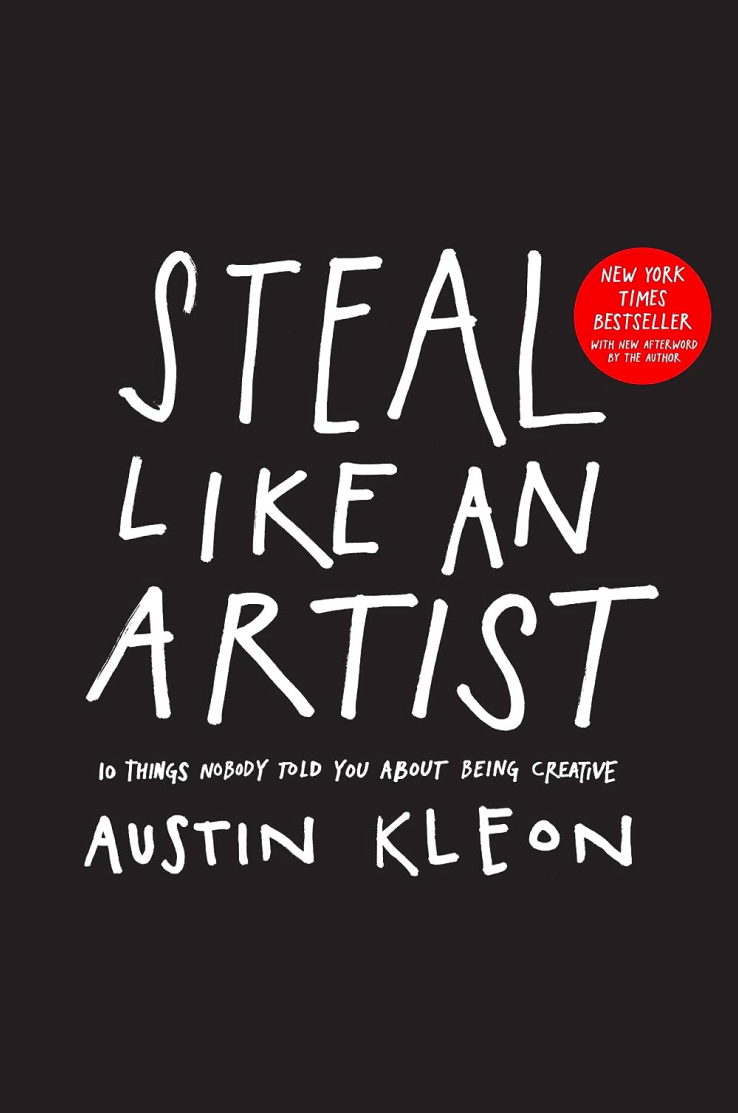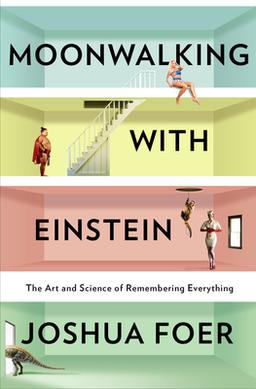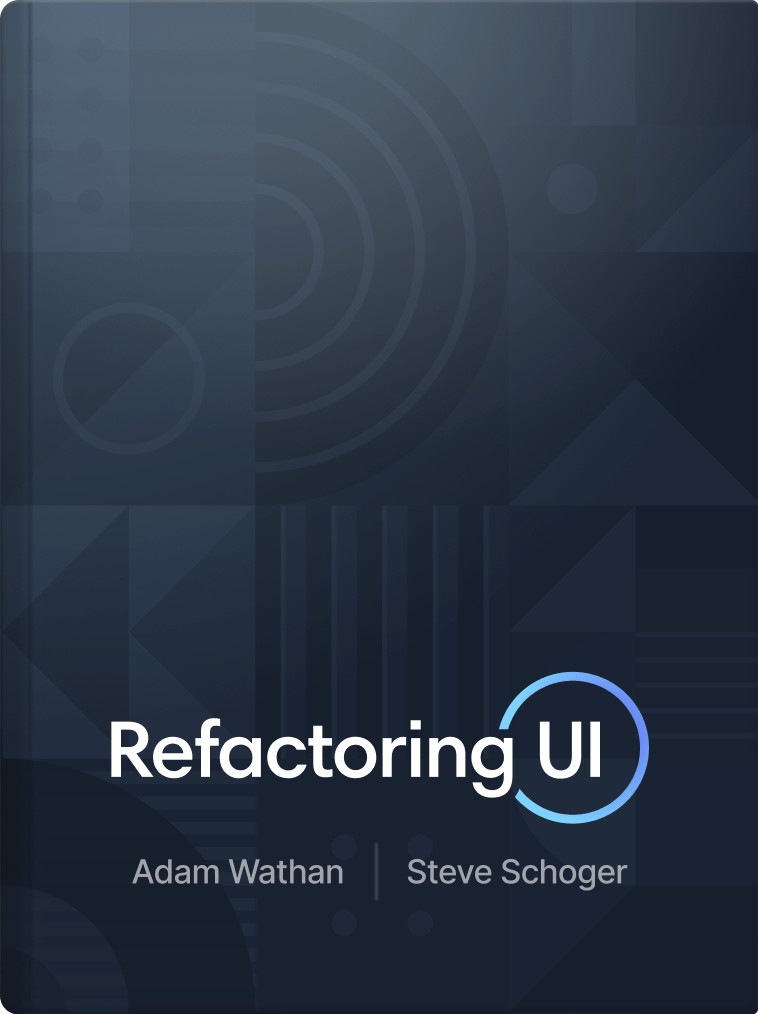A highly readable philosophy book about the beliefs and psychology of Alfred Adler, a lesser known rival and equal to Freud and Jung. Told in the format of a young skeptical student debating with a wise old philosopher in Japan, which was a very creative and digestable way to teach philosophy.
The philosophy has some novel ideas, but it plays too much in extremes (like saying that "all problems are interpersonal relationship problems" or "true freedom is the ability to be disliked", which both offer nuggets of wisdom, but lack nuance).
The student-teacher dialogue could also use improvement. The student should have been directing his questions at debunking the teacher's arguments, but instead he just rejects every statement the teacher says. Most of the ideas are covered better in other books.
Notes
It's a bit radical and counter-intuitive to think that 'trauma' doesn't exist. I was not able to wrap my head around this concept for a while. It only dawned on me after the third read. There are some hard truths, and difficult concepts to grasp.
Teleology: The study of the purpose of the given phenomenon, rather than it's cause.
The past events does not define our present or future. People are not driven by past causes, but move toward goals that they themselves set.
Ever wonder what makes you angry?
The first thing that pops in my mind is, people get angry because of others or any external triggers, but in reality, people fabricate anger such that they can make the other person to submit. Anger is a means to achieve a goal. Anger is a tool that can be taken out as needed.
This book teaches that there are better tools of communication than anger.
Do you feel inferior to others?
Inferiority Complex is just an excuse, e.g., I'm not well educated, so, I cannot succeed in any job. If one is stuck in inferiority complex, they want to use their misfortune to their advantage and develop Superiority complex, boasting their achievements and misfortunes.
Where as, a feeling of inferiority is healthy and can be used as a launch pad to achieve their goals. e.g., I'm not well educated, I need to work hard and improve.
In an argument, the other person hurling personal insults at you?
If so, then that person is challenging to a power struggle, meaning, he wants to win an argument at any cost, even though the fault is on his side. Keep in mind that, if you won the argument, the dispute doesn't end there, the other person goes to revenge stage.
Remember that admitting fault is not defeat. To prevent an interpersonal relationship from reaching revenge stage, when one is challenged to a power struggle, one must never allow oneself to be taken in.
All problems are interpersonal relationship problems.
Problems are inevitable and cannot avoid them. But, you can bravely face them by adjusting your behaviour. There are two objectives for this behaviour:
i) To be self-reliant
ii) To live in harmony with society
The objectives for psychology that supports these behaviours are:
i) The consciousness that I have the ability.
ii) The consciousness that People are my comrades.













